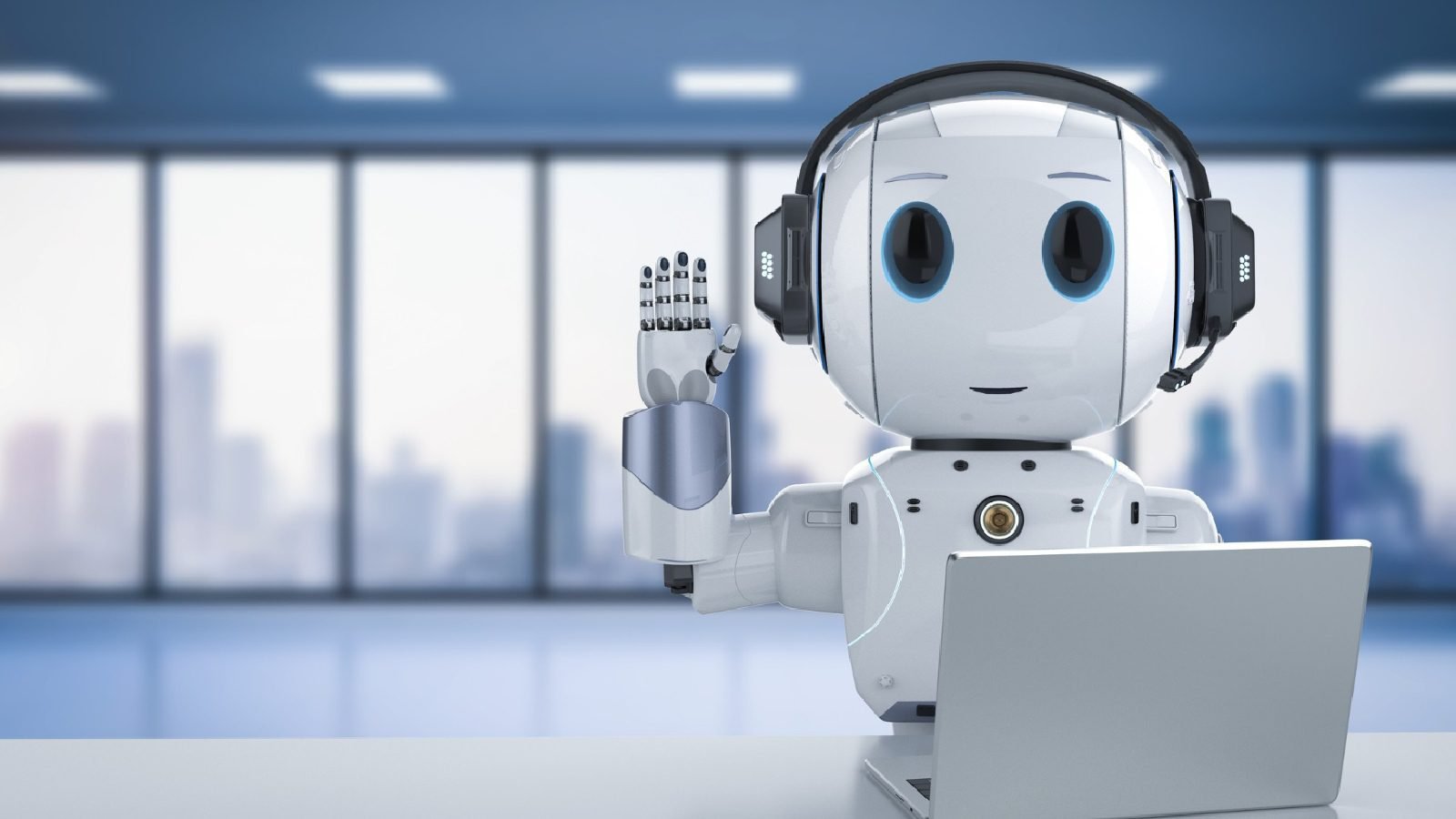Table of Contents
Highlights
- AI in software testing automates repetitive regression tasks, reduces costs, and minimizes human error, while enabling testers to focus on strategic problem-solving and innovation.
- Generative AI and self-learning models improve accuracy, deliver faster feedback, auto-generate test cases, and help prevent recurring bugs, ensuring higher-quality and faster releases.
- Modern AI-powered testing platforms ensure traceability, natural language test script generation, cloud-native scalability, and integrated DevSecOps, making the process more reliable, agile, and future-ready.
Software testing has dependably been a vital part of the success of any product in the market. For the recently launched or the latest version of the existing product, it is essential for organizations to ensure that each product goes through a stringent quality test to ensure that it meets the standards set.
With the advancement in technology, organizations no longer rely on manual testing, but they completely switched to an automated mode of testing. Now, AI-driven testing platforms are widely adopted across industries. Enterprises use AI not only for regression and UI testing but also for API, security, and performance testing in CI/CD pipelines.
For what reason do we need AI in Software Testing?
Software testing is a process that sets up a fundamental aspect of the area of improvement. Though most of the time, developers can’t complete comprehensive testing of an application because of the scarcity of time and assets. In such a case, one can contend with the requirement for a framework that can wisely recognize areas that require more elaborate and centered consideration from the aspects that are dealt with automation based on repetitive patterns.
Software testing takes up the most measure of time, capital, and human resources. Also, with the developers looking for faster positioning with an insufficient framework, AI is an apt path forward. A majority of repetitive regression tests are now automated through AI and integrated into DevOps workflows, cutting manual regression effort by up to 60–70%.

Hence, it is ideal to leave the repetitive work to the AI-controlled automation, which leaves just 20% of the testing operations to human creativity and innovative ability. This would ensure good outcomes because hand-crafted testing requires broad human hours, as well as being prone to mistakes and irregularities.
Modern AI testing tools require low maintenance, adapt dynamically to code changes, and automatically update test suites, ensuring stability across rapid release cycles. With testing being one of the most resource-intensive parts of development, it has become the ideal field for AI adoption — whether for manual augmentation or fully automated pipelines.
Artificial Intelligence algorithms can be immensely useful in testing in making more intelligent and more productive software for the end client. So, it is essential to unscramble how to utilize AI wisely. After that, one must identify the areas inside the procedure that can be enhanced with AI and incorporate the algorithm. Having a smart algorithm can encourage this procedure and enable testers to locate the greatest number of bugs. The outcomes afterward can be used by the developers to refine the product and learn from experimentation.
Advantages of AI in Software Testing
Integrating AI into software testing is the right decision, as this will not only save a considerable amount of time and labor, but it will also benefit in different ways, such as:
1. Better Quality:
Using AI in software testing after the development process not only saves time but also helps in safeguarding better quality. It predicts, prevents, and automates the whole procedure of testing using self-learning algorithms. AI enhances requirement modeling, experiment design, and code generation, delivering more accurate validation and smarter test coverage.
2. Speedy and Reliable:

Using AI in software testing procedures will save a considerable amount of time for the development team. AI helps to deliver faster and more reliable outcomes for the team. Using AI will not only allow the team to use data to develop better projects, but will also help them to prevent any kind of repetition of mistakes made before.
3. Early Feedback:
Automating the whole testing process helps the developers gather quick feedback. Gathering early feedback helps to ensure that the bugs are settled rapidly and a better product is soon launched in the market. Using AI will enable the team to recognize any or a wide range of bugs that might have occurred during the preceding process of development and avoid the same to certify the delivery of a superior performing product.
4. Traceability:
As everything is stored on a machine, it becomes noticeably less demanding for the Testers, Developers, and other team members to rapidly trace and access the points of interest in any testing procedure that has been executed. Regardless of whether it is about missing an experiment or recognizing a dead case, all is possible with ease using AI.
5. Incorporated Platform:

Cloud-native AI testing suites now provide unified platforms with containerized (Docker/Kubernetes) support, API-first integration, and SaaS scalability, making them agile, secure, and cost-effective.
6. Script Automation:
AI augments script writing by generating test scripts from natural language prompts, automatically maintaining them, and reducing manual effort through adaptive algorithms. With AI, it’s less demanding for the framework to experience the log files and, in addition, enhance the test planning and scope of the framework.
Conclusion
AI has the capacity to streamline a lot of tasks, and one of those is testing. It is imperative to discover a harmony between the part of a machine and the human. Over-reliance on either machines or humans alone can hamper productivity and performance. This is an ideal method in which both machines and people exist simultaneously and deliver greater outcomes.